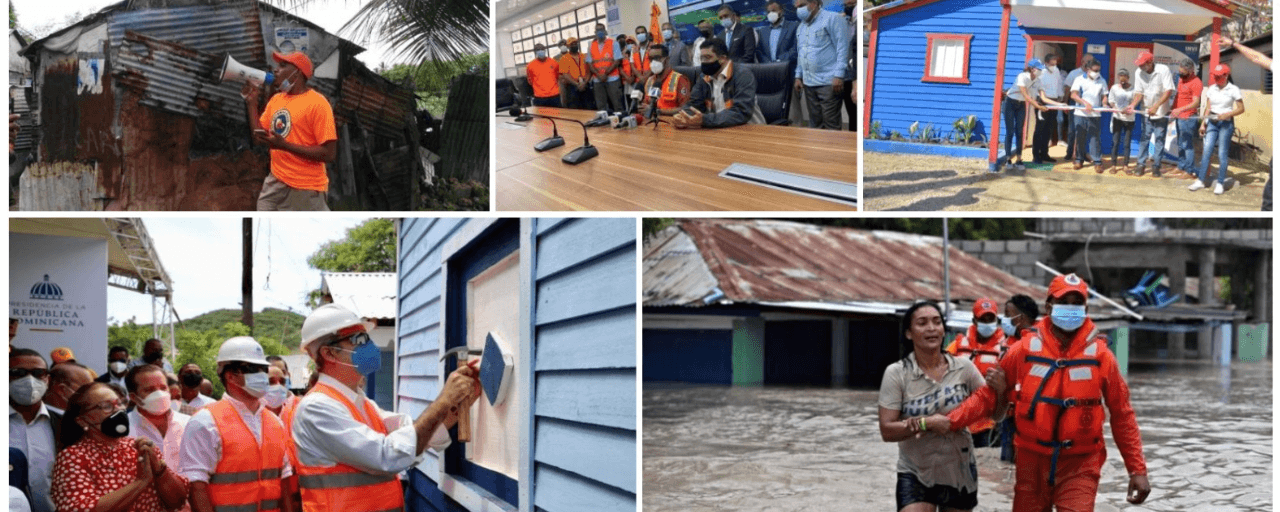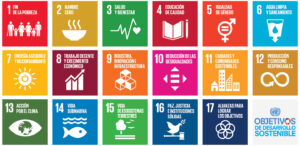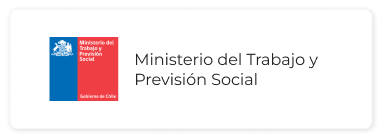
In previous publications, we discussed the challenge faced by countries in the region to evolve their Social Protection Systems into Adaptive Social Protection Systems, which allow for more effective addressing of climate and environmental disaster risks, among other phenomena (more info).
The Dominican Republic is an example for the region in developing Adaptive Social Protection Systems, thanks to the implementation of the Climate Shock Vulnerability Index (IVACC), developed in 2014, which allows for preventive action against these natural phenomena and prioritizes response to the most vulnerable households.
The goal of the IVACC was to build a tool that allows Social Protection Systems to effectively adapt to the adverse effects of climate change, such as hurricanes that recurrently strike certain areas of the Dominican Republic and affect households unevenly.
The IVACC was created with the collaboration of international organizations and draws on information collected from the Single Beneficiaries System (SIUBEN), which belongs to the category of more traditional Social Protection Systems. It classifies households based on their vulnerability to the impact of a hydro-meteorological climate shock (hurricanes, storms, and floods), providing a detailed mapping at the household level.
Thanks to the IVACC, it is possible to understand the resilience capacity of each household recorded in the SIUBEN and to design and implement policies for prevention, mitigation, and response to these climate phenomena. The distinguishing factor of the IVACC is the ability to act preventively and establish intervention priorities. On a scale from 0 to 1, households are classified according to their level of vulnerability. In the event of a climate phenomenon, households with values closer to 1 are the first to receive assistance from risk management organizations, local governments, or rescue authorities.
Adaptive Social Protection systems, like the one in the Dominican Republic, still face significant challenges, such as improving data interoperability to continuously feed the system with other administrative records, while maintaining data quality and privacy.
It’s a long journey with much still to be done, and technology can provide robust tools to mitigate the devastating effects of climate disasters on the most vulnerable households.






















